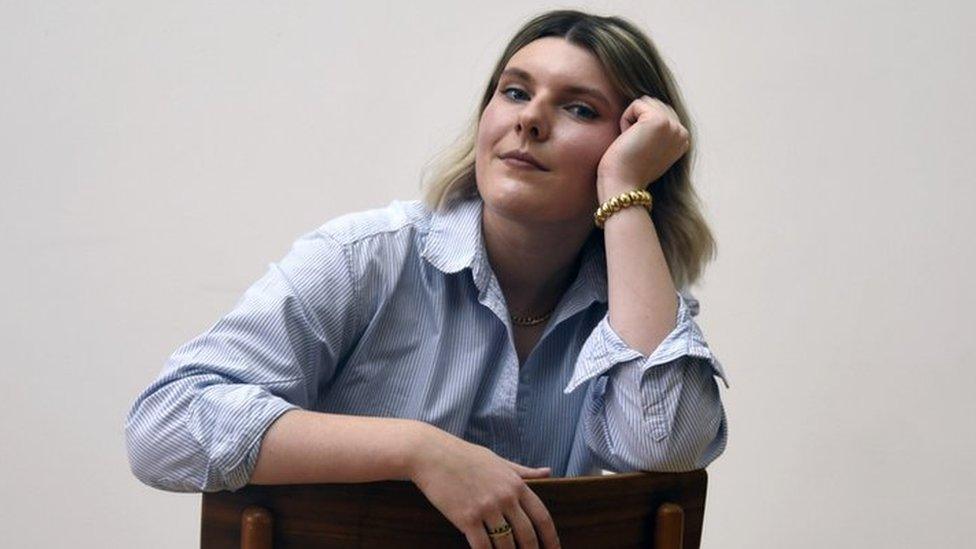'Alcohol is part and parcel of working culture'
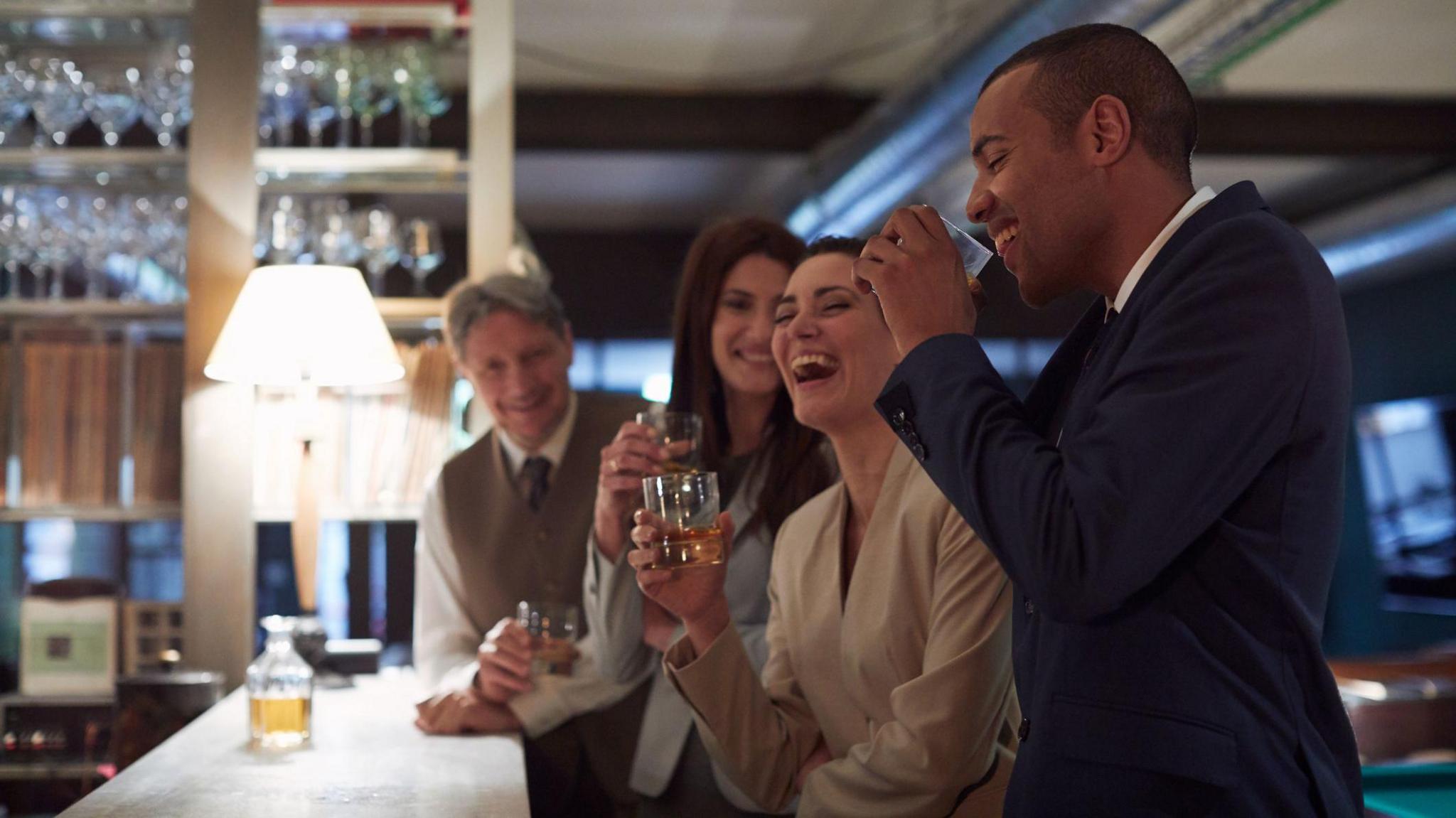
- Published
Drinking is "very much still part and parcel of working culture", according to an alcohol control coach.
Sandra Parker says that as people become more senior in an organisation, the more social events they are expected to attend - and drinking is often a central part of that.
The 55-year-old from Islington in north London says she works with "high-functioning people who are not in control of alcohol".
Alcohol Change UK's chief executive Dr Richard Piper told the BBC that "something needs to change" when it comes to workplace drinking culture.
Previous research found that one in five higher earners drinks alcohol at least five days a week.
According to the latest NHS data, external, 32% of men and 15% of women in England drank more than 14 units in the past week, putting them at "increasing or higher risk of alcohol-related harm".
Lockdown drinking fuels jump in alcohol treatment
- Published20 January 2023
I stopped drinking in January to help me understand the role alcohol played in my life.
Friends who work in the City of London have told me how their workplace culture focuses heavily on drinking, from alcohol-fuelled client meetings to late-night socialising.
Jo Barratt, who used to work in London's corporate world, says the same.
'Where the deals would be made'
Ms Barratt says she was a "drinker" at university but once she began working in the corporate side of the hospitality industry in London, drinking alcohol became "almost expected".
"You'd always go out after work," the 46-year-old from south London said.
"It would be where the deals would be made, the chat would happen, and it was important to socialise."
She is now a "graduate" of Ms Parker's three-month programme.
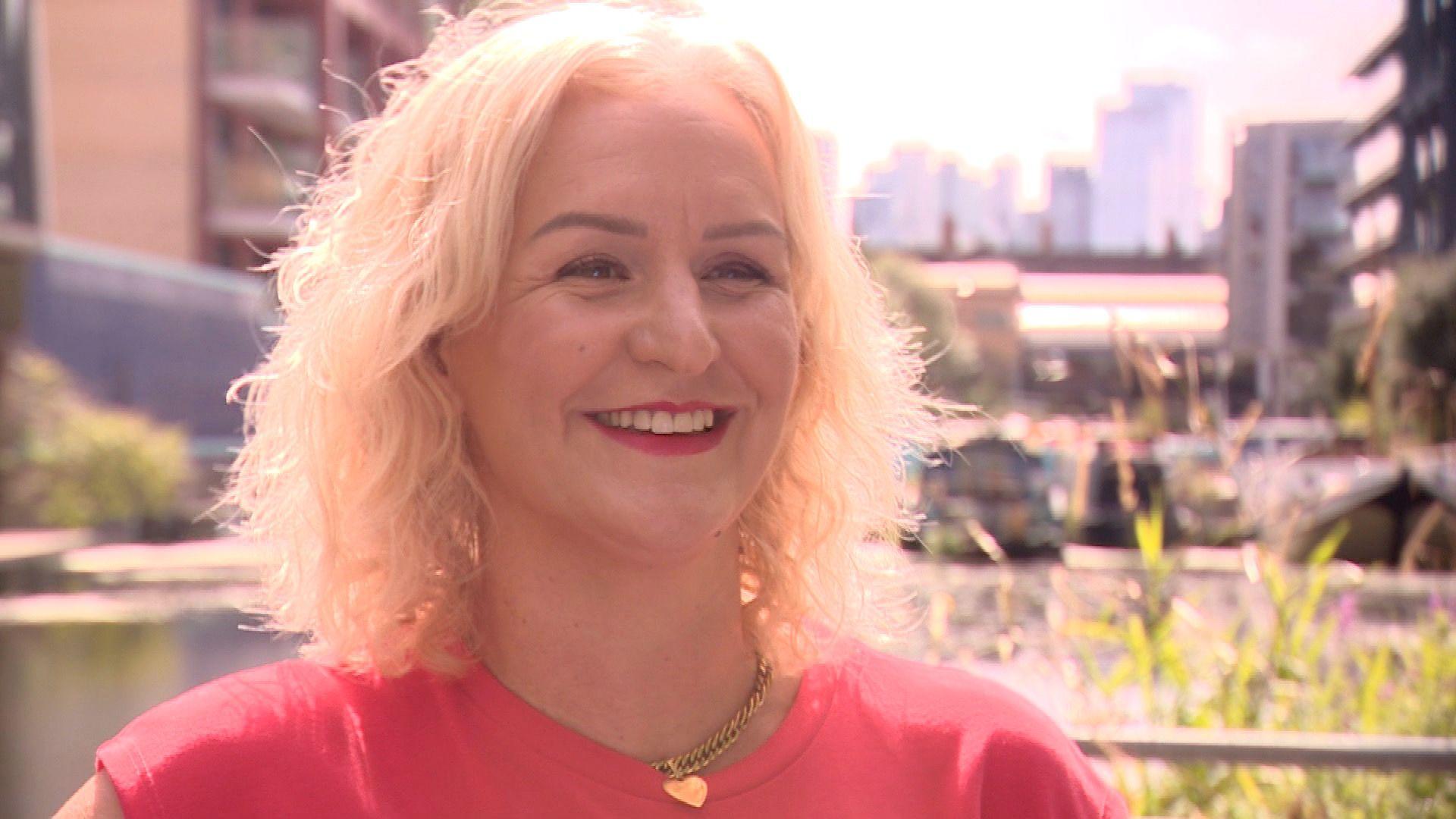
Jo Barratt says drinking alcohol felt like a big part of securing business deals
Ms Barratt reached out for help after realising her relationship with alcohol was unhealthy, following her separation with her partner.
"I was on my own with my daughter, and that's when I started to realise," she says.
"It wasn't about going out any more. It wasn't about socialising. It was actually more at home and it became like my crutch, my friend.
"When you are lonely, when you were sad, when you were angry, when you were happy - there was always a reason to be in that fridge opening the wine."
'Successful'
She adds: "I knew it was impacting my life, I knew it was impacting my relationship with my daughter, my health, but I didn't know how to stop doing it.
"I was functional. On the outside people were seeing I was very successful.
"I was running my own business, I was a single mum, I was succeeding, I had a good group friends, I had a house, I was exercising, I was doing everything.
"However, inside I was tortured because I was consistently doing something I didn't want to do."
She says she now has control, and has not had any alcohol since starting Ms Parker's programme in November.
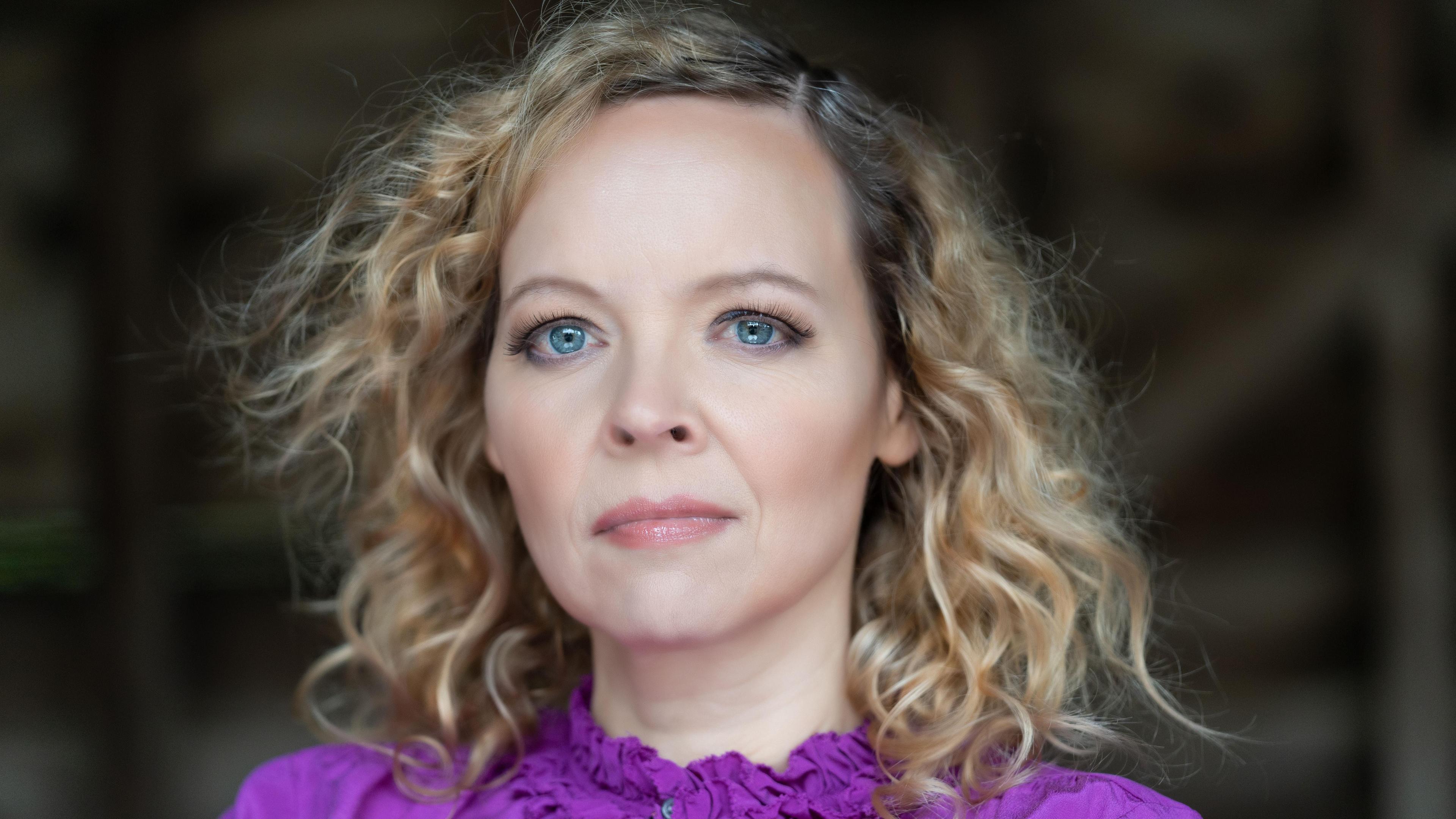
Alcohol control coach Sandra Parker says since Covid, more of her clients are drinking at home to "de-stress" after work
Alcohol 'front and centre'
Ms Parker, founder of coaching company Just The Tonic, says her clients are mostly aged 40 to 60 and do not identify as "a typical alcoholic".
"What I find with my clients is that the more senior people become in the organisation, the more social events are expected to attend," she says.
"Some people will be going to conferences, or they'll be travelling to different locations, or they might be meeting up with clients to get business.
"Alcohol was front and centre of those events and it was just assumed that everybody would drink."
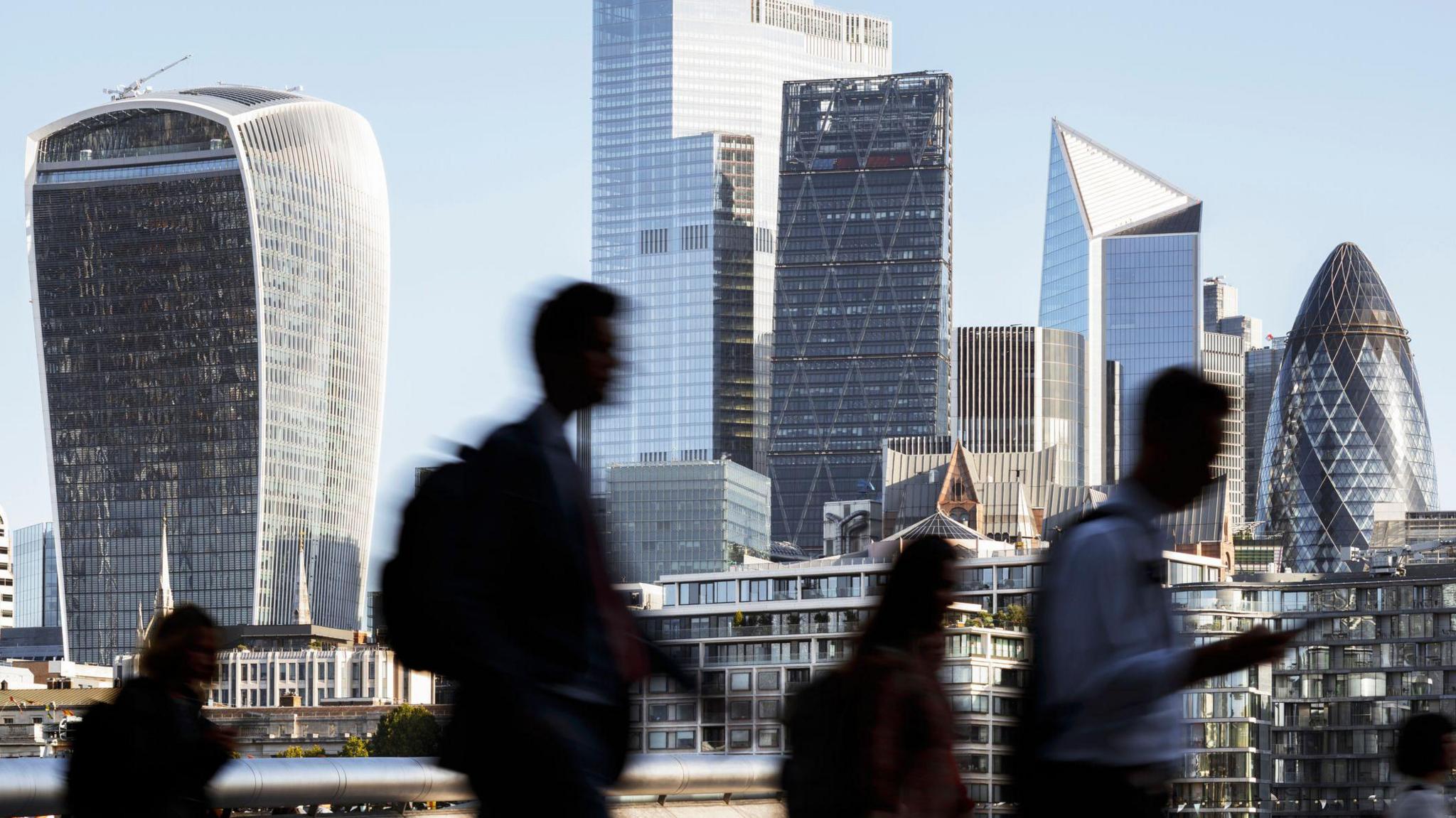
Ms Parker coaches "high achievers" struggling with their drinking
She adds that since Covid, more of her clients are drinking at home to "de-stress" after work.
"I work with high-functioning people who are not in control of alcohol," Ms Parker says.
"They're either entrepreneurs or they’re professionals. These are people that are still holding down at job, they’re still functioning pretty well.
"It's them intervening for themselves and to make sure that they don't hit rock bottom."
Sober lives: 'I can be confident on orange juice'
- Published13 July 2023
Ms Parker says that she moved to London in her 20s and worked in investment banking and then for an oil company, moving between the City of London and Canary Wharf.
"There was very much a work hard, play hard culture," she said.
"You would work with people and then you would go and drink with them as well."
She adds: "It started affecting me more when I got to my 40s. My hangovers were getting worse and I noticed my anxiety levels were getting worse as well."
Ms Parker says: "People may have not had a problem with the amount they drank in their 20s, but suddenly they're in their 40s and they’re struggling.
"I think the best thing to do is ask yourself the question: ‘Am I drinking more than I want?’"
Her goal is to help people feel in control of their drinking - whether that's through sobriety or by moderating their intake.
"If you plan to go out and have one drink and you end up having a bottle, then you're drinking more than you want."
Dr Piper, chief executive of Alcohol Change UK, says: "Alcohol is all around us, everywhere we go - from TV soaps, to billboards, to greeting cards.
"And drinking is often the default position for workplace social events.
"But research shows that 34% of employees actively avoid work socials due to alcohol, suggesting that something needs to change.
"Managers have a crucial role to play and should be leading by example by making a conscious effort to create inclusive social environments for all."
He called on companies to "help to change the culture of a workplace" and make it healthier and more productive by organising alcohol-free work events.
Listen to the best of BBC Radio London on Sounds and follow BBC London on Facebook, external, X, external and Instagram, external. Send your story ideas to hello.bbclondon@bbc.co.uk, external
- Published4 June 2024

- Published31 January 2024
